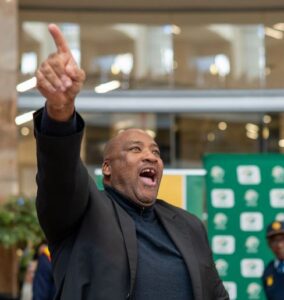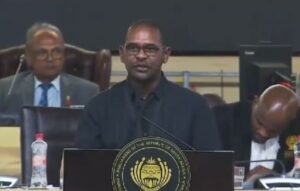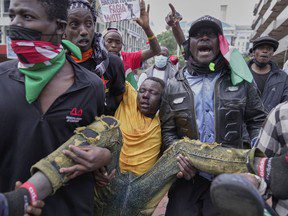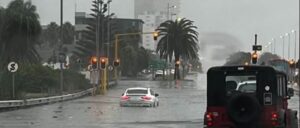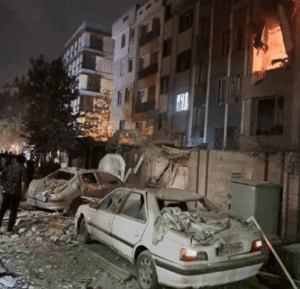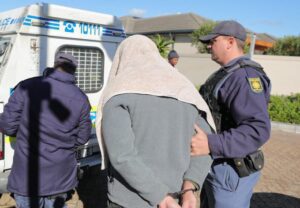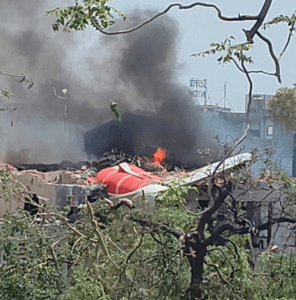Opposition parties in the Western Cape have expressed concerns over the provincial government’s recent announcement, accusing the Western Cape Government of politicizing the employment of teachers.
Almost two weeks have passed since the Western Cape Education Department (WCED) revealed its intention to remove approximately 2400 teachers from the payroll, a move set to take effect in January 2025. The department attributes this decision to a substantial budget shortfall.
The WCED explained that it had only been allocated 64% of the funds required to meet the costs of a nationally negotiated wage agreement. This left the province responsible for covering the remaining 36%, which has resulted in a significant R3.8 billion shortfall over the next three years.
However, Muhammad Khalid Sayed, the African National Congress (ANC) spokesperson on Education, sharply criticized the WCED’s rationale. He directed his frustration at the Western Cape’s Education MEC, David Maynier, stating that the justification for these cuts is not based on reality.
“The claim that the cut is about wage agreements or negotiations is patently untrue, discussions are still under way,” Sayed remarked.
He further urged the department to stop blaming the need for fair wages for teachers and other public servants as the reason behind the looming cuts.
“Stop playing the game of blaming the pursuit of decent wage for educators and public servants as being the cause of the cut in teaching posts,” he added.
Adding more context, the National Treasury confirmed that negotiations for the 2025/26 wage adjustments are only set to begin this month, signaling that discussions regarding the future wage structures are still ongoing.
Meanwhile, MEC David Maynier referenced the wage agreement announced in March 2023, which addressed salary increases for both the 2023/24 and 2024/25 financial years. He suggested that the financial strain stems from the national government’s failure to fully cover the agreed-upon increases.
“We should have received the extra funding to pay for the increase in the national Mid Term Budget in late 2023. But during the MTBPS, the national government announced that it would not be paying for this agreement in full, despite the national government negotiating it with the unions,” Maynier stated.
Criticism also extended to Western Cape Premier Alan Winde. Opposition parties pointed to his administration’s 2019 decision to redirect over R1 billion from the Education and Health budgets to support the Western Cape Safety Plan. This, they argue, is part of the reason for the current financial strain.
Brett Herron, secretary-general of the Good Party, highlighted that an additional R700 million was spent on the same safety programme in 2023 and 2024, even though crime statistics have not shown a significant improvement.
“This despite crime statistics revealing no discernible reductions in crime,” Herron noted.
He continued by expressing outrage at the province’s budget allocations for the next three years.
“This year, the province’s choice to allocate R21.87 billion to innovation and R5 billion to boost safety interventions over the next three years creates the ‘shortfall’ of R537 million for which teachers are being asked to pay with their jobs. It is indefensible,” Herron added.
In light of these developments, several opposition parties have called on the Western Cape Government to reconsider its decision and work together to avoid cutting teaching positions. They emphasize that there is still time to find solutions that would protect the jobs of educators.
Premier Alan Winde, in response to the backlash, attempted to clarify the province’s actions. He denied that the 2019 decision to divert funds from education and health budgets had any bearing on the current situation regarding teacher job cuts.
“While R1.1 billion was reallocated to safety five years ago, which represented just over 1% of the combined health and education budget, the real issue is the lack of sufficient funding from the national government,” Winde explained.
Despite the differing perspectives, the issue of teacher cuts remains a contentious subject in the Western Cape, with many watching closely to see how the provincial and national governments navigate the financial challenges in the coming months.


